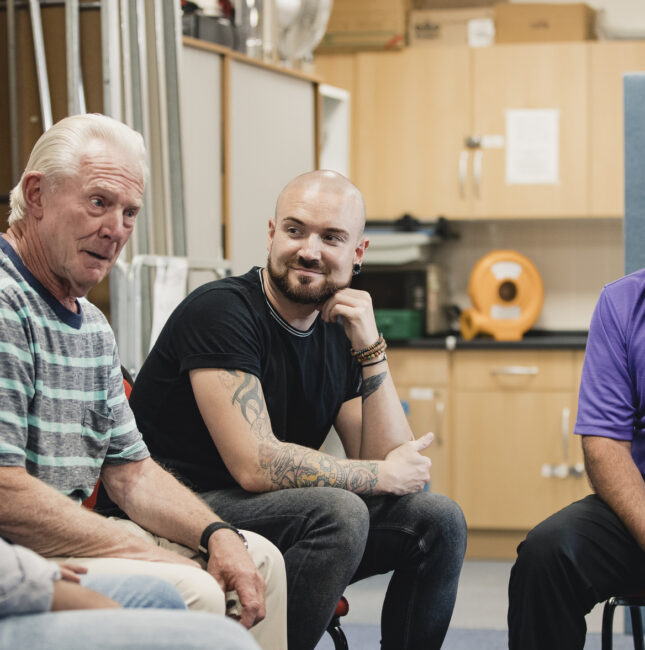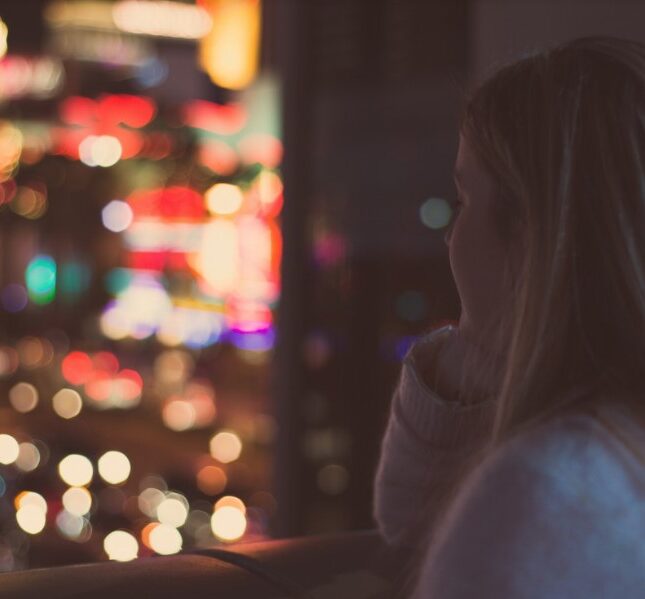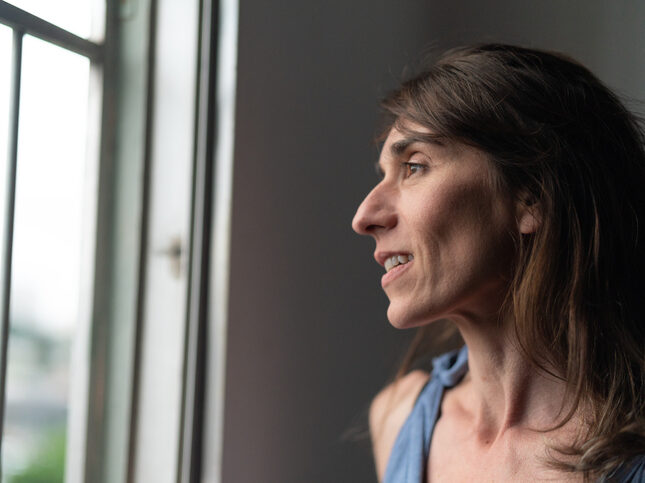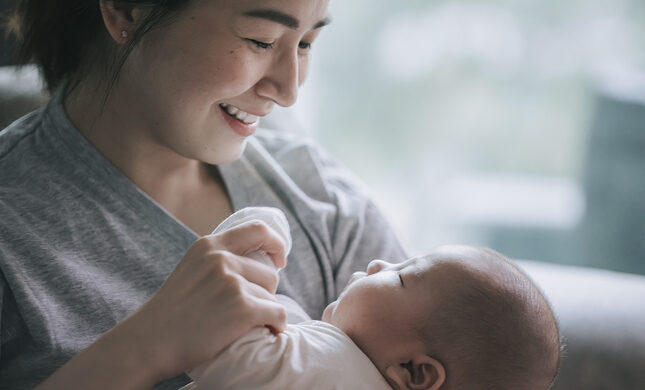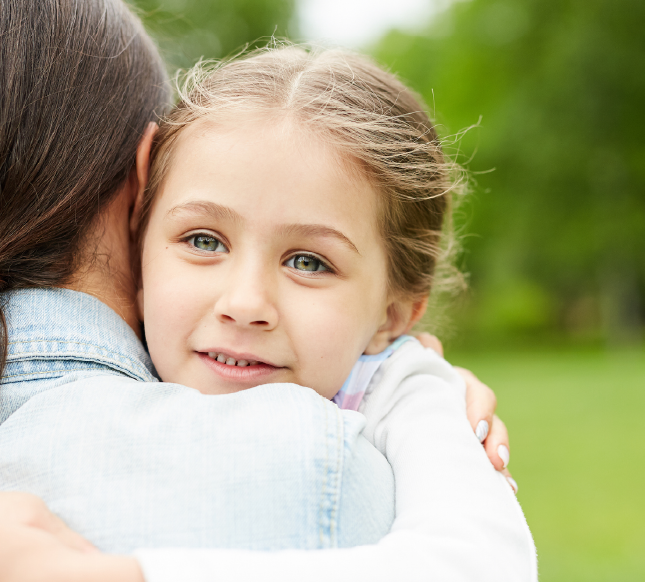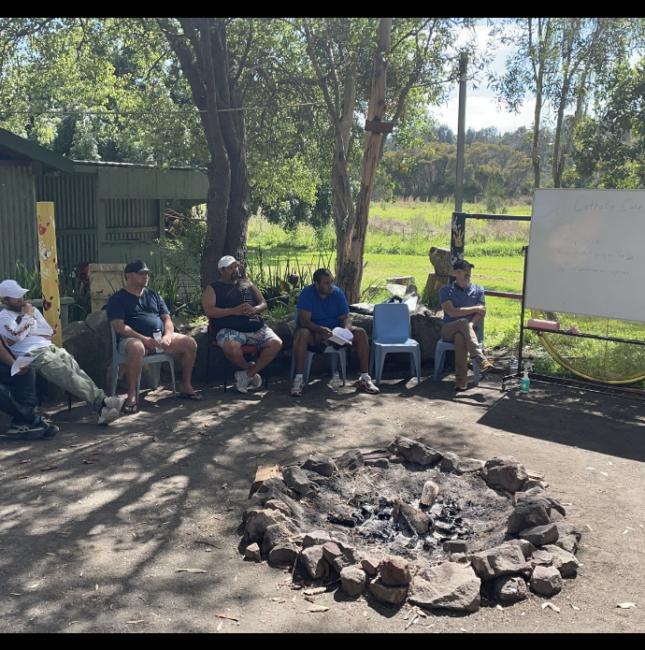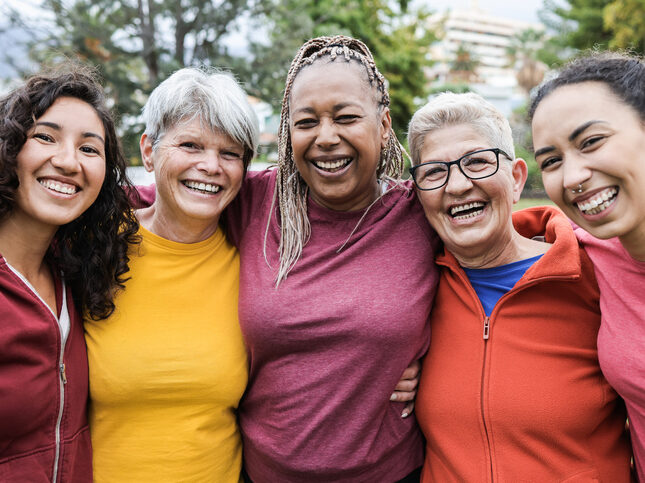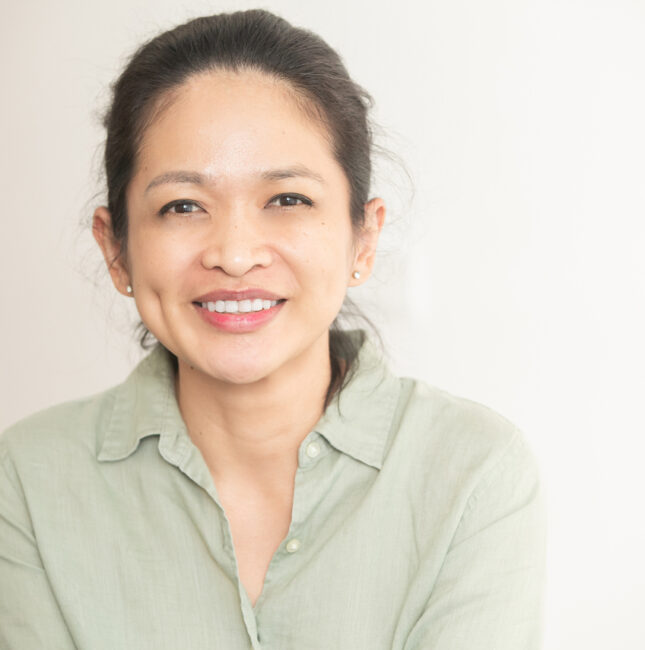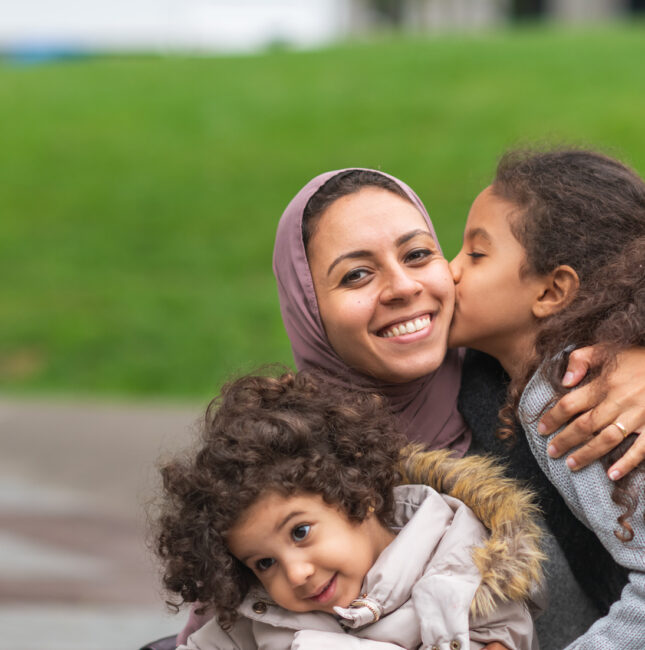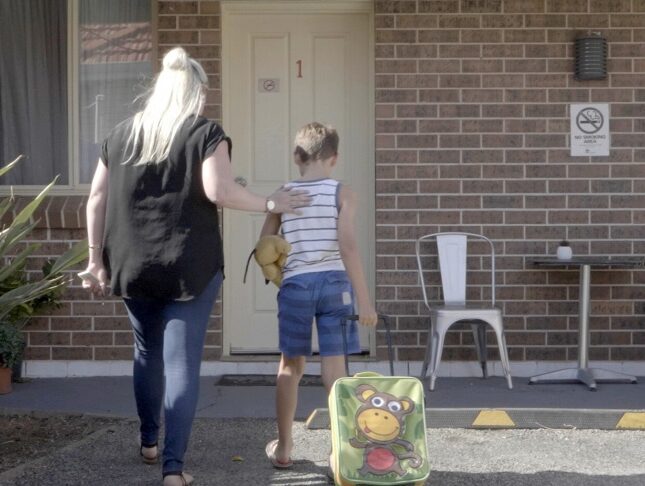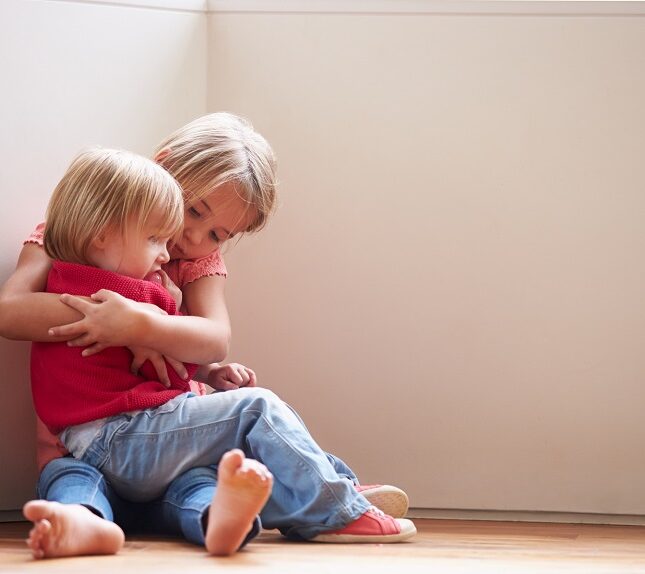Category: Domestic violence
Men who use violence get ‘Back on Track’
“I already feel safer and my husband is more willing to listen to me,” says one woman who’s partner has been attending CatholicCare’s Back on Track program this year. The program was launched in April and is a 30-week group program for men who are using violence, abuse, or coercive control in their relationships and with their families.
When Christmas isn’t so merry
Every year, when November comes around, the big build up to Christmas and New Year begins. Shopping centres overload our senses with the lights and sounds of Christmas, and brands convince us that their products will surely change our lives, if only we buy them.
Hannah & her family finally have stability
In March 2021, life for Hannah and her two children could not have been worse. For 20 years, Hannah had experienced significant domestic family violence from her children’s father, and it was a reality that her children grew to know as normal.
Cynthia’s domestic violence story
“A couple of months after I arrived in Australia from China, I started to experience significant domestic violence from my ex-husband. It was severe and involved emotional and financial abuse,”
Anna finally has a safe place to call home
For 29 year old Anna and her daughter, the Lindara Family Program is the reason they aren’t homeless today. Issues around housing affordability and ongoing experiences of family and domestic violence left Anna in a constant state of fear that she and her daughter would have nowhere safe to live.
Partnering with The Glen on men’s behaviour change
Men who may have a history of violence but who wish to understand themselves better are taking part in a ground-breaking program delivered by CatholicCare Diocese of Broken Bay (CCDBB) at The Glen on the Central Coast. The Glen was established by the Ngaimpe Aboriginal Corporation in 1994 and is the only male-specific Central Coast Drug & Alcohol Rehabilitation Centre.
Celebrating our amazing workers and the incredibly resilient women we work with on International Women’s Day
International Women’s Day – a day to celebrate and promote the empowerment of women around the world – is this year exploring the theme: ‘Equality today for a sustainable tomorrow’. CatholicCare Diocese of Broken Bay (CCDBB) supports International Women’s Day and many of its programs are aimed at practically empowering women who may be facing challenging circumstances in their life.
Aulia escapes her domestic violence nightmare
When Aulia’s dream move from Indonesia to Australia with her new partner turned into a domestic violence nightmare, it led to a period of homelessness and relying on the generosity of friends to have somewhere safe to stay each night. After leaving her first partner and having to fight for residency when he cancelled her visa, Aulia met another man who also subjected her to domestic violence.
CatholicCare refuge changing lives for women experiencing domestic violence
Imagine coming to Australia from another country with your husband and two young children, only to find yourself living in fear from domestic violence, with nowhere to turn, no income, unable to speak the language and seemingly no way out. This was the situation for Farida and her children before she found the safety and support of a CatholicCare women’s refuge, which she says has changed her life.
Have you heard about our Healthy Young Men Program?
In 2017 approximately 75% of people who died by suicide were males. While visiting schools and the community, CatholicCare’s Central Coast Family Centre received repeated requests for a program for young men that would help them navigate relationships and help them to understand what respectful relationships look like, while promoting positive mental health.
Can you open your heart and your home to a child in need?
A struggle that rarely makes news headlines is that of children and young people in our community who are suffering. Many have been through experiences few of us could begin to fathom and who, without our help, will go through childhood without the love and support of a family.
Domestic and family violence rife across our Diocese
Wyong (in the Diocese of Broken Bay) is the second highest suburb for police callouts in NSW due to domestic and family violence. And we know that 66% of domestic and family violence incidences go unreported (BOCSAR, 2020).

